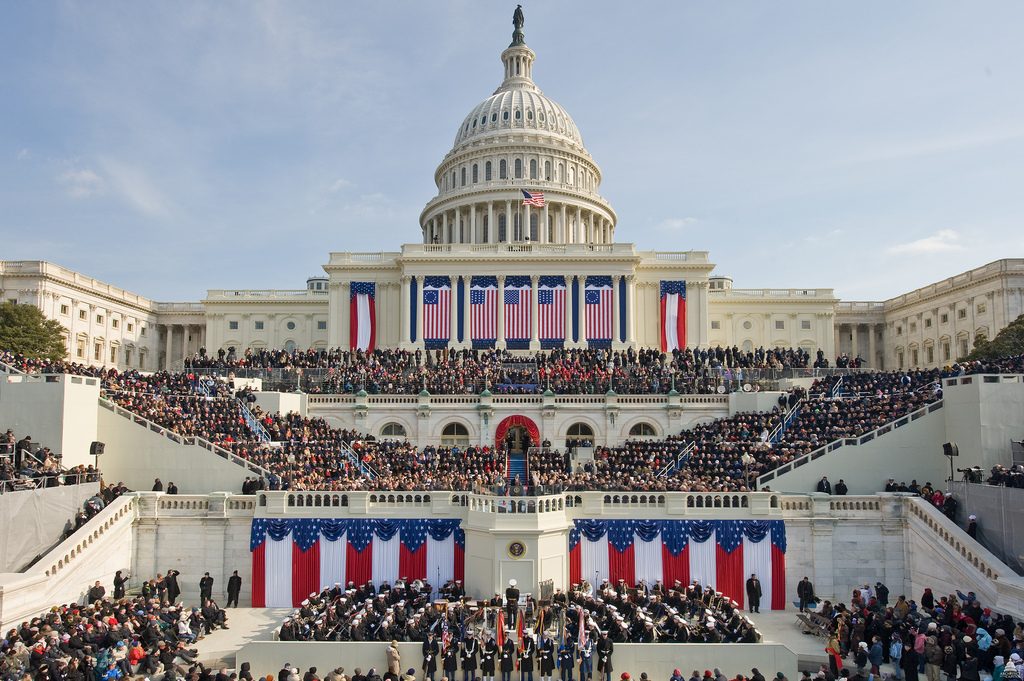
The question this essay asks — does democracy have a future? — must start, I think, with the question of what its present condition is. Democracy is both a means and an end. As a means, it denotes, roughly, majority rule through public institutions. As an end, it has no fixed goals, but it does have certain essential principles that are not always easy to reconcile with one another. Those principles include personal freedom, but also public welfare. We should be free to seek our own fulfillment, with due regard for that right in others. But we should also have that opportunity in practice and not merely in theory. That, more or less, is what Thomas Jefferson meant by his shorthand formulation that all men are created free and equal. Neither term explains itself; we are not free to choose the willful harm of others, and we are not equal without fair access to the goods we need to sustain ourselves materially and to realize our human potential. Democracy, in practice, is the day-to-day task of sorting these questions out in deliberation with our fellow citizens.
Modern democracy arose in the context of an acquisitive capitalism that burst the bonds of elite rule but also threatened to strangle its baby in its crib. Capitalism is a mechanism for fostering inequality, and the only freedom it recognizes is that of the market: buy if you have money, and starve if you don’t.
By the early nineteenth century, many thinkers had reached the conclusion that unregulated capitalism was incompatible with democratic goals. They divided in turn between those who believed that such regulation could be effective, and those who did not. The former came to be called liberals, and the latter socialists. The latter today are all but extinct. “Socialism,” for those who use the term, designates moderate reformers who tinker at the edges of a triumphant capitalism that, now globally integrated, makes mock of all local, that is nationally based, efforts to control it. This has produced two large consequences. The first is a rapidly growing worldwide inequality of income and goods that in and of itself dooms democracy. The second is a planetary ecological crisis that threatens species’ survival, including our own.
Capitalism cannot be entirely blamed for the ecological crisis, although today it has no competitors. The world knew no more environmentally destructive regimes than those of 20th-century Russian and Chinese Communism; Chernobyl is their monument. The failure of our species’ relation to the planet is ultimately a moral one, which even the best-designed democracy cannot of itself overcome.
Without dealing with this question, however, we can say that democracy is doomed, since its slow, deliberative processes are ill-equipped to deal with the ecological havoc that awaits us. We have seen this in the beginnings of a mounting immigration crisis that has already shaken and in some places destroyed democracy; Hungary is one such example, and America may well be another. The pressure of immigration has, thus far, had a largely economic and political component. But climate change is already becoming a driver, and it will soon be the principal one.
What would a would-be despot do to speed the destruction of democracy? He would focus on immigration above all else as the prime threat to national security, and he would demonize migrants as criminal and sub-human by definition. Sound familiar? The genius of any despot is to appeal to the worst in us, and by that yardstick, Donald Trump is, as he likes to describe himself, a very stable genius indeed.
But we must not overlook the role of capitalism in the migrant crisis, too. Capitalism has always produced forced migration; the United States was built on it, and had the vastness of the Americas not offered a haven for the dispossessed, Europe would have been riven by savage class wars long ago. What capitalism wants, therefore, is open borders. The European Union, one of its creatures, insisted upon such borders, which created in Britain the Brexit crisis as impoverished East European migrants undercut the British labor market.
When capitalism and democracy clash sufficiently, fascism has its opportunity. Traditional fascism has been about the closer integration between capital and the state, and it is unlikely to lose this character. But fascism has also always been overlaid with a false populism, and that is where the managerial despotism of the future will come in. Trump understands this instinctively, too. He is certainly no manager of anything but chaos, but more rational successors may await us, at least until ecological crisis unveils the dystopias of the future.
Should we simply resign ourselves, then, to the end of democracy? No: we should strive for its reinvention because, for all its drawbacks, it is the only decent form of government — the only one compatible with the full exercise and realization of human dignity. If we give up on it, we give up on ourselves.
At the same time, though, we must not underestimate the immense challenges it will face, beginning with a worldwide economic system that cannot be reconciled with the values it must profess and an unfolding climate crisis that will tax its best intentions and judgment. I wish I had a master blueprint for this, but that is what democracy is about: finding, slowly and searchingly, the best collective wisdom of which we are capable and testing it at every turn, conscientiously following it.
A betting man usually doesn’t put his money on a slow horse. But it’s the only one I want to ride.
